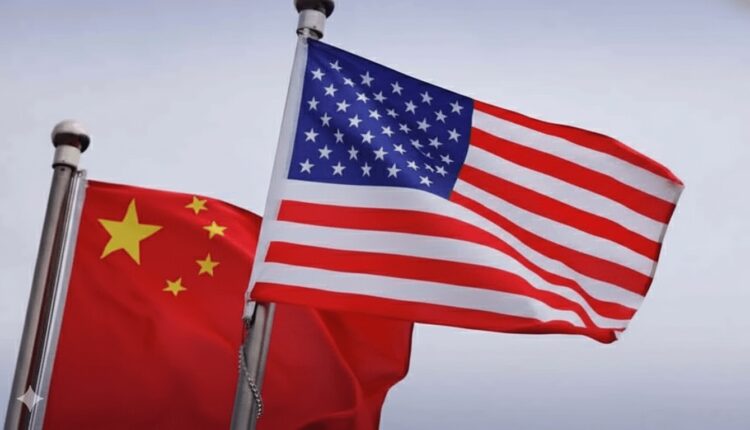
US & China have rolled out tit-for-tat port fees, risking further marine turbulence.
New US and China port fees on shipping companies escalate trade tensions and impact global freight routes.
US – China – (Special Correspondent / Web Desk) – The United States and China have now started adding new fees for shipping companies that use their ports. This move turns the world’s ocean trade routes into a new area of dispute in their economic tensions. Everything from holiday gifts to oil could be affected by these changes.
Last week, it seemed a full trade war was about to restart. China broadened its controls on rare earth minerals, which are vital for electronics. Then, former President Donald Trump suggested he might impose very high taxes on goods from China.
However, by this week, both countries were trying to calm global markets. They pointed out that their trade teams are still talking and looking for a path to an agreement.
China has begun collecting these special charges from ships that are owned, operated, built, or flagged by the United States. They did clarify an exception for ships that were built in China, showing a targeted approach.
According to details from Chinese state media, other exemptions include empty ships coming into Chinese ports for repairs. The new fees will be collected on a ship’s first stop in China or for its first five trips within a year, starting from April 17.
Earlier this year, the Trump administration announced its own plan for these fees on ships linked to China. The goal was to challenge China’s strong position in global shipping and to help the American shipbuilding industry.
An official review from the time of President Joe Biden found that China used unfair methods to dominate the shipping and shipbuilding markets. This finding provided the legal basis for the new U.S. port fees.
China responded last week by announcing it would charge similar fees on U.S.-linked vessels, starting the same day as the U.S. fees.
Iran Air starts direct flights to Pakistan from October 29th.
Experts believe the Chinese shipping giant COSCO will feel the biggest impact. It could bear almost half of the estimated $3.2 billion cost these fees might impose on the container shipping industry by 2026.
On Tuesday, China’s commerce ministry asked the U.S. to correct what it calls its wrong actions and to return to discussions. A statement said, “If the U.S. chooses confrontation, China will see it through to the end; if it chooses dialogue, China’s door remains open.”
In a related step, China also put sanctions on five U.S.-linked subsidiaries of a South Korean shipbuilder, Hanwha Ocean. China said these companies helped the U.S. with its investigation. The company’s stock price fell nearly 6% after the news.
A shipping analysis firm warned that this back-and-forth creates a cycle of taxes that could disrupt international shipping patterns. The new costs will likely be absorbed into the final prices that consumers pay for goods.
The U.S. did create an exception for some ships carrying specific fuels like propane, delaying their fees until December. Despite this, data shows that a significant number of these fuel-carrying ships will still be subject to China’s new fee.
Research firms estimate that a notable percentage of the world’s oil tankers and container ships could be affected by these new rules. In a separate action, Trump also threatened to add a 100% tax on all Chinese goods and control software exports by November.
A U.S. official also warned that countries supporting a UN plan to reduce shipping pollution could face sanctions. China has publicly backed this environmental plan. Analysts say this shows that shipping is no longer just a neutral business but a tool in international politics.
Pakistan, Türkiye, Azerbaijan Reaffirm Unity and Expand Parliamentary Cooperation
Shares of COSCO, which is listed in Shanghai, rose over 2% on Tuesday. The company also announced a plan to buy back a large amount of its own shares to protect shareholder value.




Comments are closed, but trackbacks and pingbacks are open.